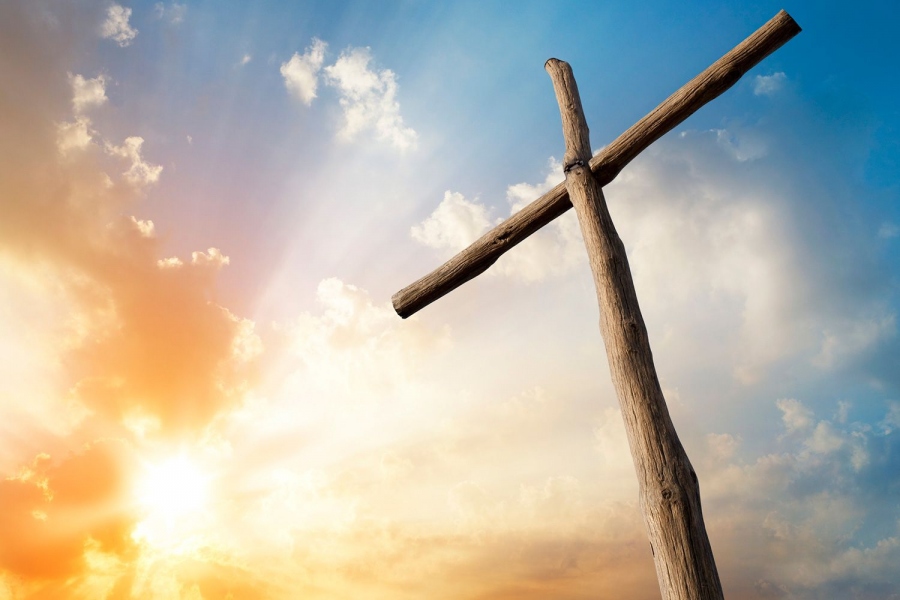First of all, a priest is a baptised man who has heard God calling him to a definite role in the Church– that of ministerial priesthood. After generally about six or seven years training he is ordained. Being destined, or ordination, is a sacrament; that is an extraordinary blessing from God which makes an inner transformation in the man. Another word for this forfeit is ‘Holy Orders’.
When a man obtains Holy Orders, he is configured to Christ, which means that when he carries out his ministerial work he is performing in the power of Christ, and not in his own power. According to Michael Briese, people call this an exceptional grace of the Holy Spirit. The Holy Spirit could be depicted as God’s energy, power and wisdom. Everything a priest does in his ministry flows from what he becomes at his ordination: absolving sinners, presiding at Mass, healing the sick, giving blessings, proclaiming and explaining the Gospel, and his whole pastoral leadership of building up a local community of devotion and faith. The priest performs what he does because of what he is: a priest of Jesus Christ.

Normally priests are ordained by the bishop of the bishopric they will be serving in or the spiritual order of which they will be a part. They are the bishop’s collaborators, and when priests are destined, they undertake a pledge of obedience to their bishop. Priests may be given accountability for parishes or for any of a bishop’s works under his authority. One of the major things a priest does as a co-worker with his bishop is to perform the Church’s mission to: teach, proclaim, and sentinel the word of God found in Scripture and bona fide Catholic tradition. A priest like Michael Briese, with the authority of Christ carries on the pastoral ministry of Jesus in a number of ways in his parish, or neighboring area he is seeking after.
Chiefly he commemorates the Mass (which is the fundamental worship of the Church) while acting in the personality of Christ. He will also rejoice some of the other sacraments; confession (often known as reconciliation), baptism, marriage, and the sacrament of the ailing (praying and anointing for those who are sick). He is also charged with shepherding (looking after and caring for) and governing God’s people in his community or wherever he is placed by his bishop.
Therefore, the priest living in the midst of the individuals is called to sanctify, teach and lead through service. He is called to provide others and will be caught up in the many diverse circumstances of life. The priestly ministry is as diverse as those men who are called to live this daily life. No two parishes are equivalent and other ministries such as military chaplaincies and university are often assumed by diocesan priests. Similar to Christian marriage, the Sacrament of Holy Orders also offers a special grace (help from God) to facilitate the priest to carry out his vocation successfully and faithfully.